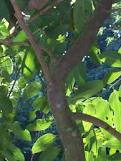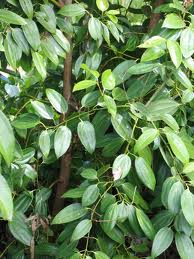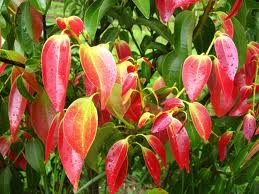
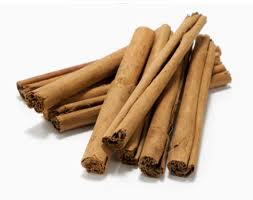
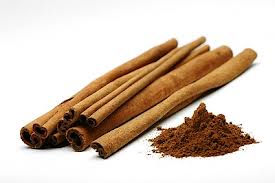
Cinnamon
Description
The Sri Lankan Cinnamon or “True Cinnamon” is the dried inner bark
of Cinnamomum Verum. The plants grow as bushes and in two years
they grow to about 2 meters in height and measure 8-12 cm in
diameter at the base. in about two years, and they are ready for
harvesting.
Origin and Distribution
Having its origin in the central hills of Sri Lanka, Cinnamomum
verum is mostly grown in Sri Lanka, Malagasy Republic and
Seychelles. In India, it is grown in only in Kerala. This hardy
plant is cultivated in Sri Lanka under various conditions ranging
from semi dried to wet zone. The temperature for growing cinnamon
is ideally 20-30 degree C with a rainfall of 1250 to 2500 mm. It
grows well as a forest tree at 300-350 meter above sea
level.
Uses
Cinnamon products are available as quills, quillings, featherings,
chips, cinnamon bark oil and cinnamon leaf oil. ‘Quills’ are
scraped peel of the inner bark of mature cinnamon shoots, joined
together with overlapping tubes, the hollow of which has been
filled with smaller pieces of cinnamon peels.
This is dried in the sun at first and then in the shade. ‘Quillings’ are splits and broken pieces of all grades of cinnamon quills. ‘Featherings’ are feather like pieces of inner bark consisting of shavings and small pieces of bark that are left over. Cinnamon ‘chips’ are rough barks that cannot be peeled but scraped off from the thicker stems.
Cinnamon leaf oil and Cinnamon bark oil are extracted by distilling the leaf and bark separately. Cinnamon bark is a popular spice with a delicate fragrance and a pleasant taste. Small pieces of cinnamon or powder are used in preparation of food.
It is used to add flavor to confectionary, liquors, pharmaceuticals
and cosmetics. It is found to help in control of diabetics and
digestion of sugar. It has astringent; stimulant and carminative
properties and can check nausea and vomiting. The cinnamon bark oil
has anti-fungal properties and cinnamon leaf oil is widely used in
perfumes and cosmetics industry.
